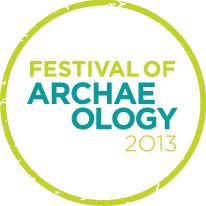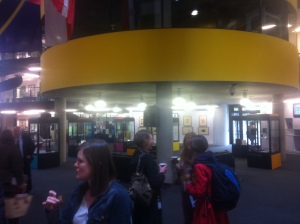
On Historypin
My wife sent me a link to Historypin the other day. Historypin hopes to collect and geo-locate photos from all of us, to create a massive database linked to Google’s Streetview to record how places looked developed over time.
It’s a lovely idea, but is (on random inspection of a number of places I know) short on scanned photos.
Continue reading →








